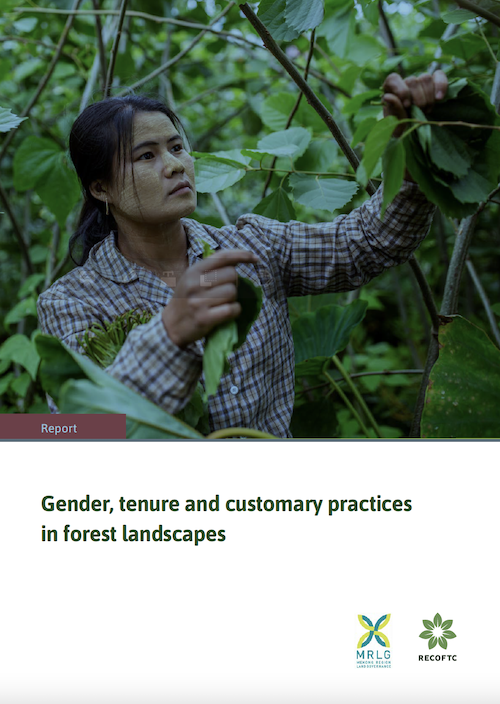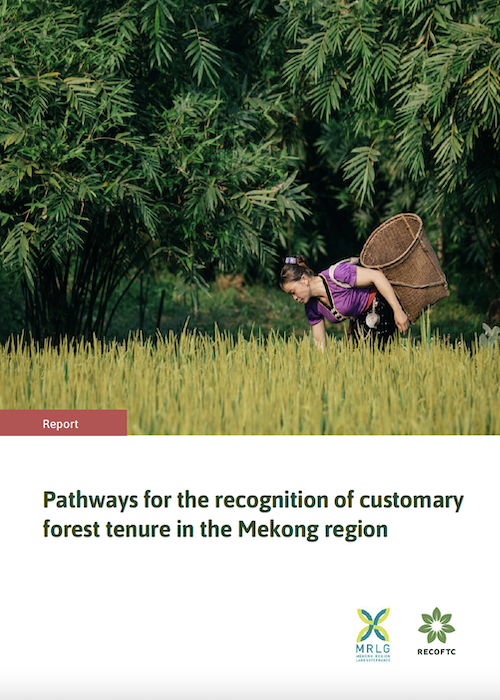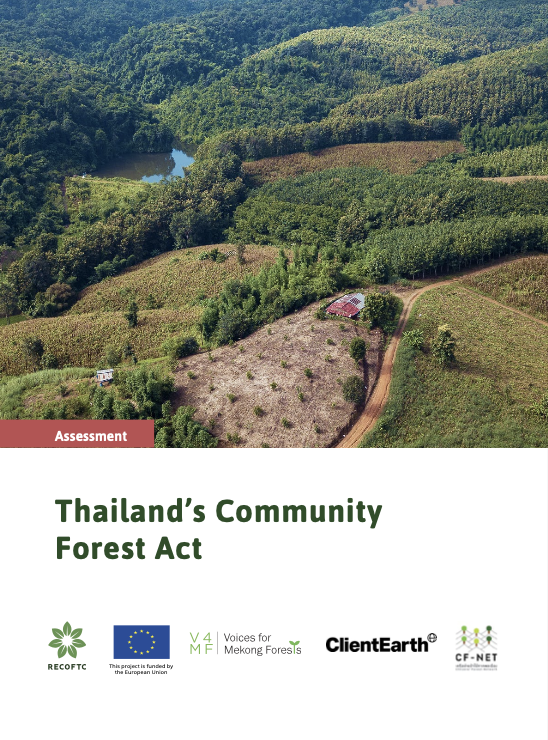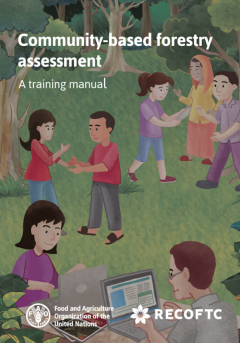Location
RECOFTC
RECOFTC is derived from an abbreviated form of the organization's legal name, Regional Community Forestry Training Center for Asia and the Pacific. Formerly the organization was known as RECOFTC – The Center for People and Forests.
RECOFTC – The Center for People and Forests is an international not-for-profit organization that focuses on capacity building for community forestry in the Asia Pacific region. It advocates for the increased involvement of local communities living in and around forests - some 450 million people in Asia-Pacific - in the equitable and ecologically sustainable management of forest landscapes.
The Regional Community Forestry Training Center for Asia and the Pacific (RECOFTC) opened in Bangkok, Thailand, in March 1987 with support from the United Nations Food and Agriculture Organization, the Government of Switzerland (through the Asian Development Bank), and Thailand's Kasetsart University.
Community forestry is widely acknowledged as a powerful solution for many of the challenges facing local people and the wider society, especially in improving rural livelihoods, enhancing community governance and empowerment, transforming forest-related conflict, protecting and enhancing the environment, and helping to fight climate change. As a capacity-building organisation, RECOFTC improves the ability of people and organisations to conduct community forestry effectively and sustainably.
RECOFTC works toward its mission through four thematic areas:
- expanding community forestry
- people, forests and climate change
- transforming forest conflict
- securing local livelihoods.
Members:
Resources
Displaying 1 - 5 of 485Gender, tenure and customary practices in forest landscapes
This report is based on 10 research projects carried out in 18 sites in seven countries: Cambodia, Indonesia, Lao PDR, Myanmar, Nepal, Thailand and Viet Nam. The studies formed the basis of ten informational briefs from the research sites published together with the report (available here: https://www.recoftc.org/publications/0000432). Each study documented the legal frameworks and customary practices that affect indigenous women’s rights to access and manage forest resources and create restrictions on those rights.
Pathways for the recognition of customary forest tenure in the Mekong region
Globally, about 2 billion people claim ownership of their homes and lands through a customary tenure system. Customary tenure has long been insecure and is under growing pressure in many places. But it is also increasingly recognized through a variety of mechanisms, formal and informal. RECOFTC released a new report on the recognition of customary tenure of communities living in forested landscapes in Cambodia, Lao People’s Democratic Republic, Myanmar and Viet Nam. It also includes a case study from Thailand.
Thailand’s Community Forest Act: Analysis of the legal framework and recommendations
Thailand is undergoing an important development in its forestry laws. When the Community Forest Act B.E. 2562 was passed in 2019, Thailand had for the first time an official umbrella law to recognize community forestry. Subordinate laws still need to be developed to further clarify the Act for its implementation.
Community-based forestry assessment
In 2019, the Food and Agriculture Organization of the United Nations (FAO) published a framework to provide important insights into the successes and shortcomings of community-based forestry at the country level. A framework to assess the extent and effectiveness of community-based forestry also helps national governments determine and track the extent and effectiveness of the wide array of CBF initiatives.
Community-based forestry assessment
In 2019, the Food and Agriculture Organization of the United Nations (FAO) published a framework to provide important insights into the successes and shortcomings of community-based forestry at the country level. A framework to assess the extent and effectiveness of community-based forestry also helps national governments determine and track the extent and effectiveness of the wide array of CBF initiatives.





